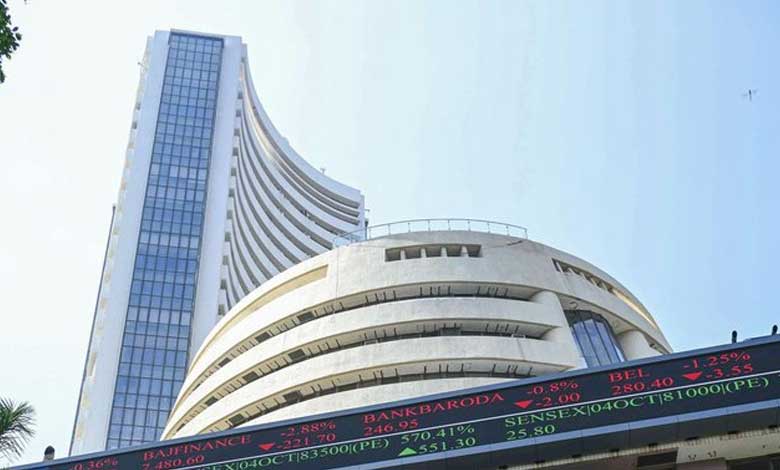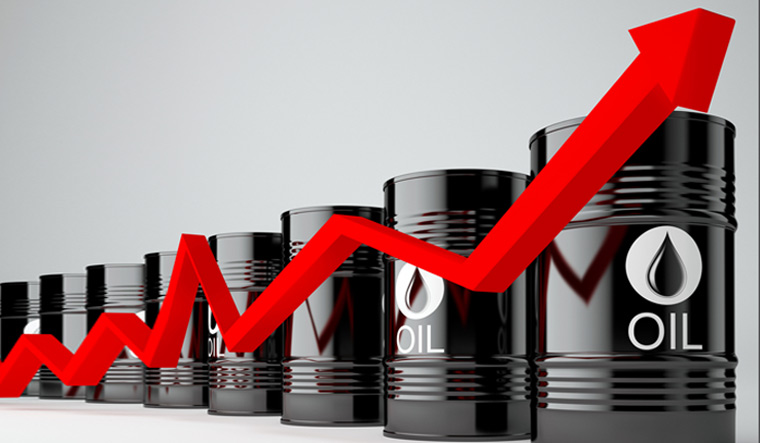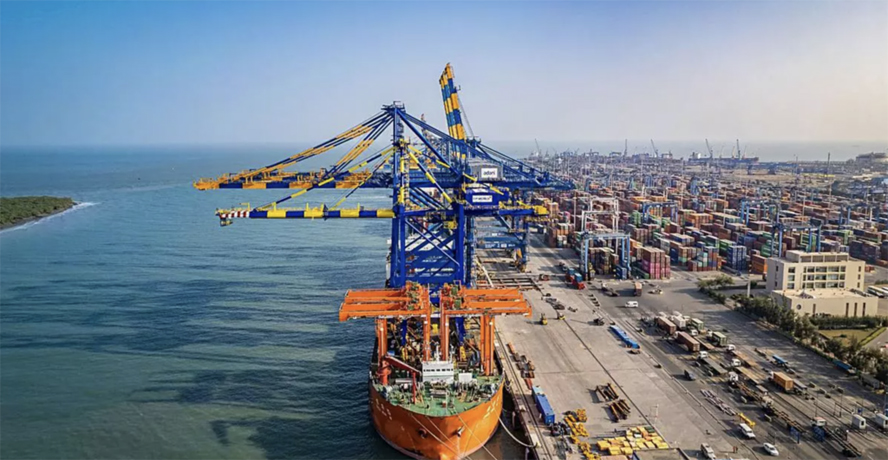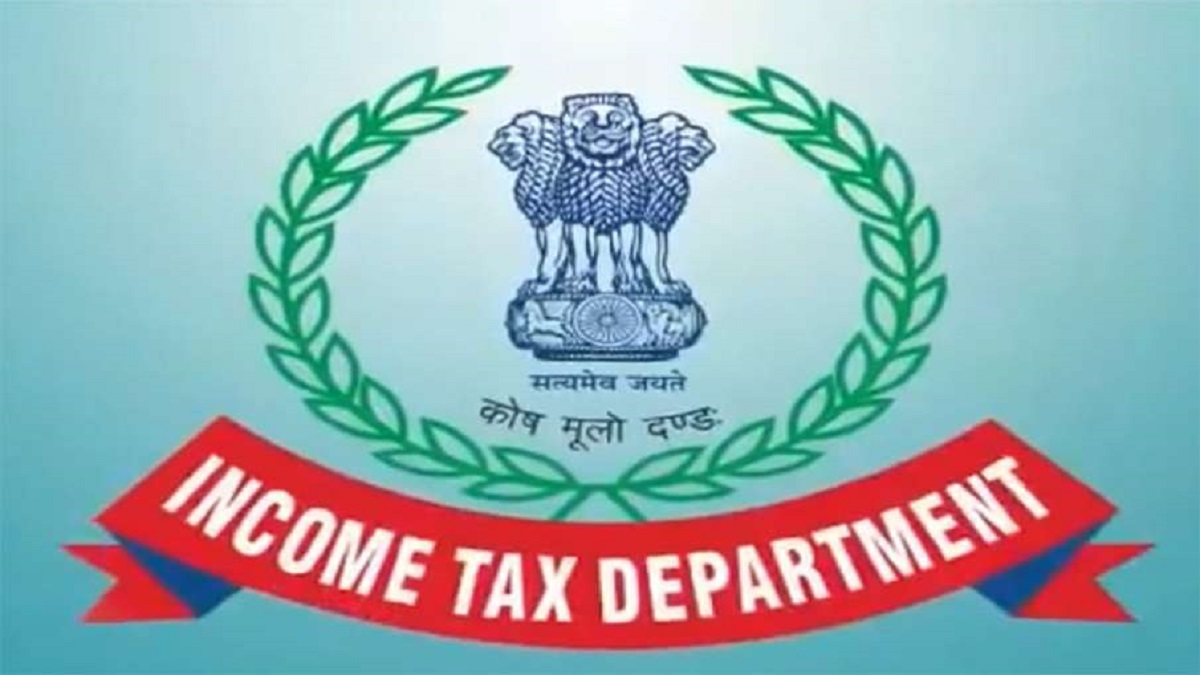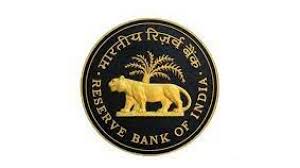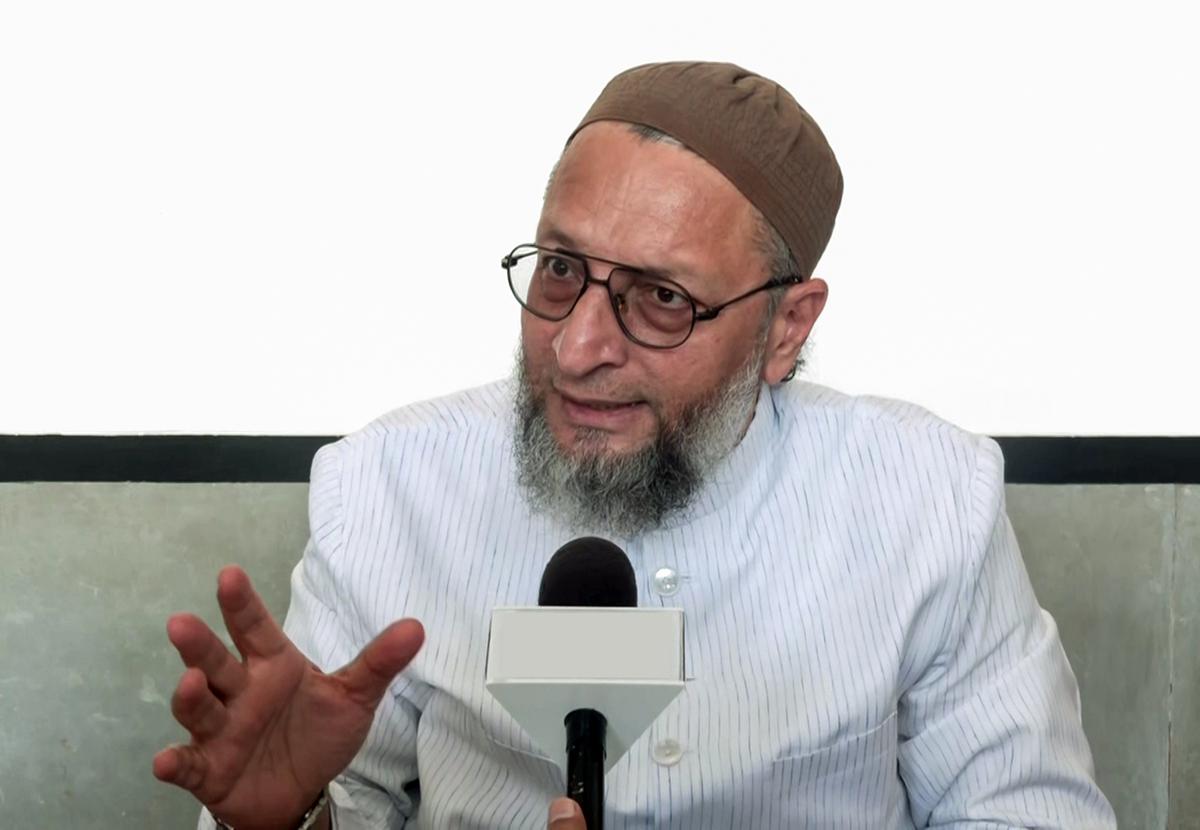World Bank projects India to grow at 8.3% in the year 2021
Wed 09 Jun 2021, 10:24:26
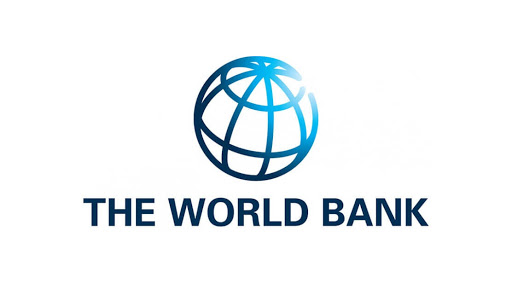
Washington: The World Bank on Tuesday projected India's economy to grow at 8.3 per cent in 2021 and 7.5 per cent in 2022, even as its recovery is being hampered by an unprecedented second wave of the Covid-19, the largest outbreak in the world since the beginning of the deadly pandemic.
The Washington-based global lender, in its latest issue of Global Economic Prospects released here, noted that in India, an enormous second Covid-19 wave is undermining the sharper-than-expected rebound in activity seen during the second half of Fiscal Year 2020/21, especially in services.
"India's recovery is being hampered by the largest outbreak of any country since the beginning of the pandemic," the World Bank said.
In 2020, India's economy is estimated to have contracted by 7.3 per cent while in 2019, it registered a growth rate of four per cent, the World Bank said, adding that in 2023, India is expected to grow at 6.5 per cent.
In its report, the Bank said that the global economy is set to expand by 5.6 per cent in 2021 - its strongest post-recession pace in 80 years.
"For India, GDP in fiscal year 2021/22 starting from April 2021 is expected to expand 8.3 per cent," it said.
Activity will benefit from policy support, including higher spending on infrastructure, rural development, and health, and a stronger-than expected recovery in services and manufacturing, it said.
Although the forecast has been revised up by 2.9 percentage points, it marks significant expected economic damage from an enormous second COVID-19 wave and localised mobility restrictions
since March 2021, the report said.
since March 2021, the report said.
Activity is expected to follow the same, yet less pronounced, collapse and recovery seen during the first wave, it said.
"The pandemic will undermine consumption and investment as confidence remains depressed and balance sheets damaged. Growth in FY 2022/23 is expected to slow to 7.5 per cent, reflecting lingering impacts of COVID-19 on household, corporate and bank balance sheets; possibly low levels of consumer confidence; and heightened uncertainty on job and income prospects,” it said.
According to the World Bank, in India, the FY 2021/22 budget marked a significant policy shift.
The government announced that the health-related spending would more than double and set out a revised medium-term fiscal path intended to address the economic legacy of the pandemic.
Following deteriorating pandemic-related developments, the Reserve Bank of India (RBI) announced further measures to support liquidity provision to micro, small and medium firms, and loosened regulatory requirements on the provisioning for non-performing loans.
"In India, fiscal policy shifted in the FY 2021/22 budget toward higher expenditure targeted at healthcare and infrastructure to boost the post-pandemic recovery. The renewed outbreak, however, may require further targeted policy support to address the health and economic costs," it added.
On March 31, the World Bank said India's economy has bounced back amazingly from the COVID-19 pandemic and nationwide lockdown over the last one year, but it is not out of the woods yet.
No Comments For This Post, Be first to write a Comment.
Most viewed from Business
AIMIM News
Asaduddin Owaisi questions PM Modi's China policy
Jan 08, 2025
Owaisi slams UP over police post near Sambhal mosque
Dec 31, 2024
Owaisi hails SC order on Places of Worship Act
Dec 13, 2024
AAP Corporator Tahir Hussain joins AIMIM party
Dec 11, 2024
Latest Urdu News
Most Viewed
May 26, 2020
Which political party will win the Delhi Assembly polls to be held on Feb 5?
Latest Videos View All
Like Us
Home
About Us
Advertise With Us
All Polls
Epaper Archives
Privacy Policy
Contact Us
Download Etemaad App
© 2025 Etemaad Daily News, All Rights Reserved.






